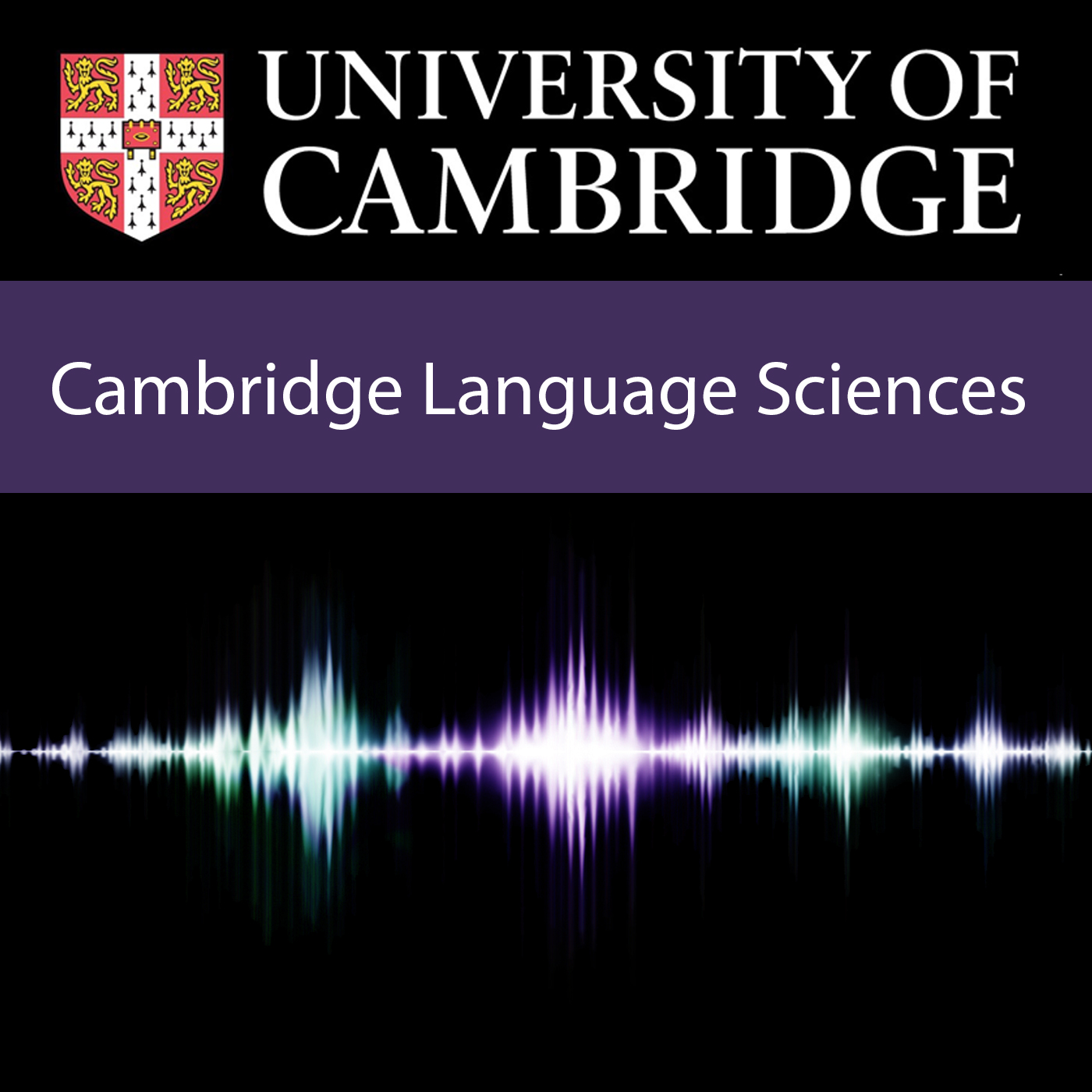Language change as a (random?) walk in entropy space
Duration: 29 mins 19 secs
Share this media item:
Embed this media item:
Embed this media item:
About this item

| Description: | Talk by Dr Christian Bentz, Assistant Professor, University of Tübingen |
|---|
| Created: | 2019-11-25 14:44 | ||||
|---|---|---|---|---|---|
| Collection: |
Language Sciences Annual Symposium 2019 - Perspectives on Language Change
Cambridge Language Sciences |
||||
| Publisher: | University of Cambridge | ||||
| Copyright: | Dr Christian Bentz | ||||
| Language: | eng (English) | ||||
| Keywords: | language variation and change; language distance; information theory; computational linguistics; | ||||
| Credits: |
|
||||
| Abstract: | This talk explores language change from an information-theoretic perspective. The word entropy of more than 1000 written languages from over 100 families is mapped along two dimensions to measure lexical diversity and runs of the same word combinations. Both turn out to be highly constrained in the sense that languages of the world fall into relatively narrow ranges in both dimensions. However, zooming into these ranges, there is also considerable variation between languages. As languages change over time, they move around in the entropy space. A fundamental question is whether this walk in entropy space is purely random, directed, or a combination of both. In a first step to answer these questions, I explore how ancient languages within the same language family compare to their modern counterparts. |
|---|---|
Available Formats
| Format | Quality | Bitrate | Size | |||
|---|---|---|---|---|---|---|
| MPEG-4 Video | 640x360 | 1.24 Mbits/sec | 274.01 MB | View | Download | |
| WebM | 640x360 | 498.36 kbits/sec | 107.07 MB | View | Download | |
| iPod Video | 480x360 | 491.19 kbits/sec | 105.47 MB | View | Download | |
| MP3 | 44100 Hz | 249.78 kbits/sec | 53.70 MB | Listen | Download | |
| Auto * | (Allows browser to choose a format it supports) | |||||

